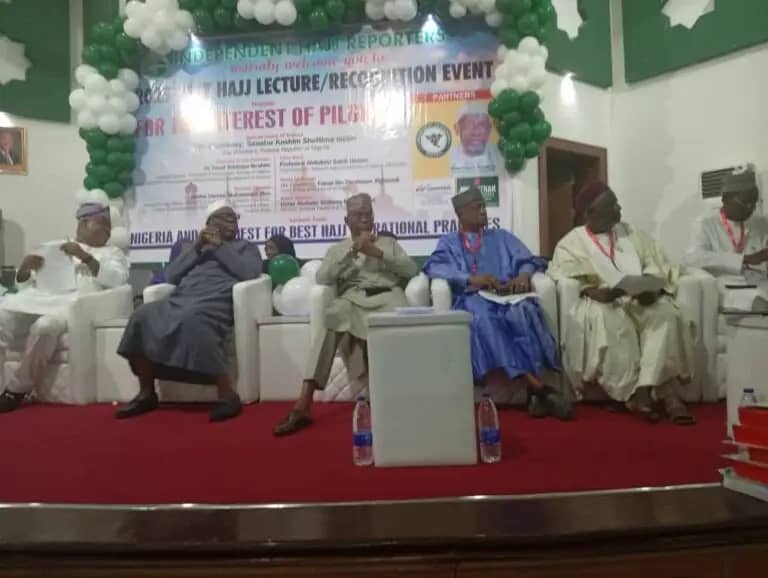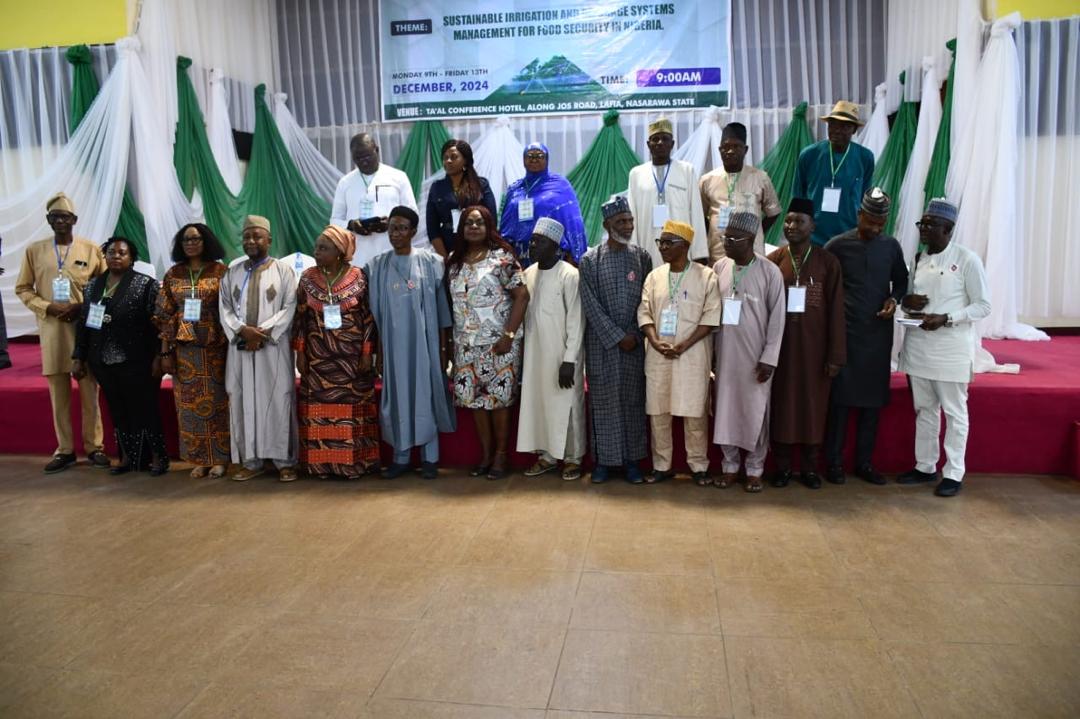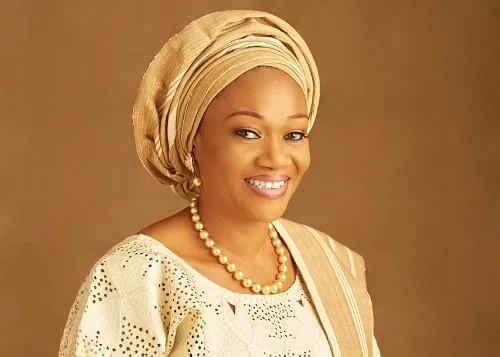Hajj 2026: FG Reaffirms Pilgrims’ Welfare, Stakeholders Push for Policy on Early Fare Payments

Ahead of the 2026 Hajj operations, the Federal Government has restated its commitment to safeguarding the welfare of Nigerian pilgrims through improved planning, efficient logistics, and better service delivery.
This assurance was given at the 2025 Post-Hajj Lecture and Awards Ceremony organised by the Independent Hajj Reporters (IHR) in Abuja, where stakeholders also pressed for a policy framework to tackle the perennial challenge of late payment of Hajj fares.
Vice President Kashim Shettima, represented by the Director-General of the Federal Radio Corporation of Nigeria (FRCN), Muhammed Bulama, stressed that the current administration will not compromise pilgrims’ welfare. He pledged that the government will collaborate more closely with Hajj operators to improve accommodation, transportation, feeding, and tent arrangements in Mina.
“The government is ready to engage meaningfully with Hajj agents, who play a very key role in the process. Past challenges such as poor accommodation and prolonged stay in Saudi Arabia will no longer be acceptable,” Shettima said.
He also commended the IHR for creating a platform to review Hajj operations and pledged continued federal support ahead of the 2026 pilgrimage.
Stakeholders at the event highlighted the financial hurdles that many intending pilgrims face, particularly farmers whose income is seasonal.
Delivering the keynote address, Dr. Shehu Usman Muhammed, a former Technical Adviser to the Chairman of the National Hajj Commission of Nigeria (NAHCON), noted that the annual uncertainty in the number of intending pilgrims is largely due to payment deadlines clashing with harvest seasons.
He stressed the need for a policy framework that would allow financial institutions to support pilgrims through loan facilities or savings schemes, citing models in countries like Pakistan, Indonesia, and Malaysia.
“The absence of strong legal instruments to guarantee repayment discourages financial institutions from supporting Hajj payments. If a savings scheme policy is established, banks can provide bridging funds while pilgrims pay back after harvest,” he said.
NAHCON Chairman, Prof. Abdullahi Saleh Usman, represented by the Commissioner of Operations, Prince Anofiu Olanrewaju Elegushi, explained that policy changes from Saudi Arabia also complicated Nigeria’s Hajj operations in 2025.
Unlike previous years when payments could be made after Ramadan Umrah, he said all payments must now be completed before Umrah, forcing countries to determine their final number of pilgrims earlier.
Earlier, IHR National Coordinator, Ibrahim Muhammed, decried the growing “luxurisation” of Hajj services, where pilgrims increasingly demand VIP tents with smart TVs, AI-controlled robots, and automated rail systems. He warned that such expectations risk diverting focus from the spiritual essence of the pilgrimage.
READ ALSO: OCHA Brigade Denies Involvement in Onitsha Market Shooting, Labels Reports as False
Leo Stan Ekeh to Lead Discourse at Maiden Institute of Change Management Conference
Muhammed also defended the role of journalists in scrutinising NAHCON’s activities, noting that constructive media criticism remains vital to ensuring transparency and accountability in Hajj operations.
He reaffirmed IHR’s commitment to enlightening, informing, and holding stakeholders accountable to ensure effective service delivery for Nigerian pilgrims.




